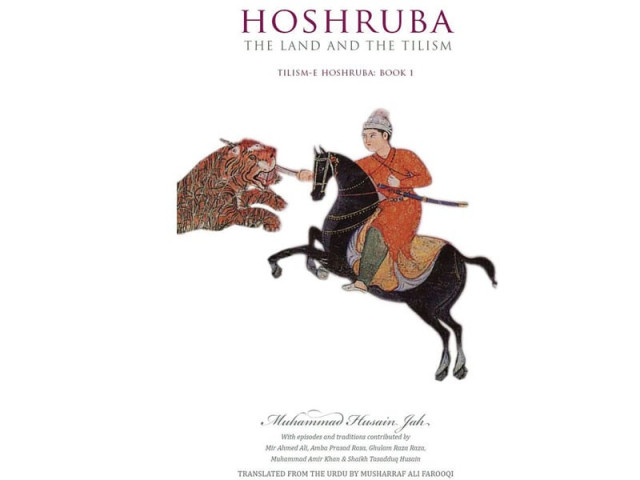Caste and literature: From Ameer Hamza to Alif Laila, editor talks about social inequality
Literature was not meant to disturb upper caste Muslims.

The event kicked off with Kamal reading aloud passages from ‘Tilism-e-Hoshruba’ by Munshi Mohammad Husain Jah to a small audience on Thursday. The book is the Urdu version of the Persian epic, Adventures of Ameer Hamza. While discussing caste and inequality, Kamal pointed out a passage which dealt with a prince who is not willing to get his hands dirty. The prince is Hamza’s grandson Shahzada Asad, who was captured by the ruler of Tilisim and was forced to work as a gardener. When the young prince was invited to work with other gardeners, he refused and said that he could not bring himself to do it. However, he was also unsuccessful in trying to work alone and eventually had to go to bed on an empty stomach while the others were invited to a lavish feast by the queen for presenting her with garlands.
According to Kamal, the above-mentioned passage created a slight tension between castes as it depicted that only people of certain social standing were meant to do menial labour or spend their lives in eternal servitude. He added that it must have touched an empathetic chord with the Muslim ‘shurfa’ or upper caste. “The colonial set-up had entrenched itself by now and the aftermath of 1857 had raised a question for some of them to think of the unthinkable,” he said. “The story is not meant to disturb them [upper caste Muslims] with a reality check but to provide relief through an agreeable use of imagination.”
Asad’s adventure carried on to show the prince in a rage, attacking the queen’s maids and stealing their food. He was, as expected arrested and presented before the queen who then falls in love with him.
Kamal added that the historical division of society in South Asia on caste lines was now an acknowledged sociological, political and economic fact. As far as Urdu literary writing is concerned, it has traditionally focused exclusively on the lives and concerns of conquerors, their cohorts and their descendents, who typically prided themselves on their real or perceived foreign origins. “Even after modern, socially committed writing began in Urdu around the 1930s, caste as a variable for social exploration was largely ignored in favour of economic class,” he said.
While talking to the audience, he said that there was no social democracy. “Are you and Pir Pagara equal citizens?” he said. “By changing your religion, you cannot change your caste - the change comes from representation and it is up to you to do it.”
Published in The Express Tribune, November 5th, 2011.



















COMMENTS
Comments are moderated and generally will be posted if they are on-topic and not abusive.
For more information, please see our Comments FAQ